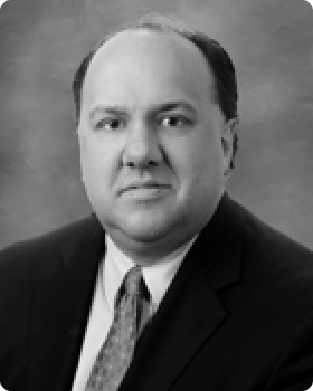
Be an Active Participant in Your Portfolio’s Financial Investment Health
Complex Influences, Expectations Drive Individualized Financial Planning for Physicians
As a physician, you have an expectation that your patients and their families will be actively involved in their own health care and take responsibility for following your advice—or advocating for an alternative approach. Even the best doctor cannot make good progress on a case if the patient remains disengaged or defiant. Specialized financial planning for physicians is just as critical to maintaining financial health.
As a provider, you work hard to:
- Tune into the present health care environment rather than falling back to the ways things were done in the past.
- Constantly take in new research and information, to understand it without pre-judging it.
- Be open and sensitive to the highly personal situations of your patients and understand each person has a different definition of wellness and success.
Commonalities between Physical Health and Financial Health
Just as your patients have different health goals, our clients have different financial goals. At Windward Wealth Strategies, we work hard to understand our clients as individuals. Look at it this way: Not every patient wants to run an ultramarathon. If he or she is healthy (or on the road to recovery) a consistent walking program may be a more suitable plan. There are as many ways to live a good life as there are investment strategies.
Life Changes Require Portfolio Analysis
Major life events, both health-related and financial, , often lead people to stop, look at where they are and ask if they’re heading in the right direction. Like physicians, financial advisors help guide our clients through these changes, asking questions to ensure that the client’s current portfolio matches their situation now AND their dreams and goals for the future. In our work financial planning for physicians, life decisions such as taking a new position, starting a practice, buying a practice or selling a practice as the types of life events to be considered in creating and managing your investment strategy.
A physician financial advisor will develop a personalized approach that considers:
- Your investment horizon; that is, at what age you will stop contributing to your retirement funds and start drawing from them. The difference between retirement and the accumulation years is the risk of having to sell retirement assets when prices are down and you don’t have the option of waiting for a recovery. It doesn’t matter as much during your early saving years because market downturns enable you to buy stocks at bargain basement prices. Instead, focus on what you can control, like asset allocation to fuel your long-term investment strategies. In addition to the money invested for the long-term, put two or three years of annual withdrawals in short-term, high-quality fixed income. In the event of a downturn, tap this safer money and use that time for your longer-term funds to rebound.
- A fully coordinated investment program. Does your right hand know what your left hand is doing? Most physicians have several investment accounts: a retirement plan offered at their practice, brokerage accounts with taxable investments, and rollovers from old jobs. Think about the two “buckets” described above. Your financial advisor needs to know the full story about your finances in order to come up with a plan of (financial) care. (Sound familiar?)
- Lifestyle expectations upon retirement; especially your need for return based on your current financial situation. A 60-year-old doctor with a $5 million portfolio likely is well-prepared for a comfortably funded retirement. A 60-year-old physician with a $500,000 portfolio needs growth. It makes good sense that the well-funded physician would not have as aggressive a portfolio as the physician who is playing catch up. Why should she expose her portfolio to a large decline?
- A strategic investment portfolio that will stay on track even in scary times, largely based on your risk tolerance. Develop an individualized investment policy statement together with your financial advisor and put it to paper. Return to it, especially when the market is down and you need reassurance. It can help save you from overreacting and selling at the bottom of a bear market.
Play to Your Strengths
Norton Reamer, former chief of Putnam Investments, wrote, “Investment is a basic element of human identity. As assets have grown in the hands of the common man or woman, and not nobility, it’s become an opportunity and a responsibility to have a reasonable understanding of what investment opportunity and risk is.”
A ‘couch potato with heart disease’ needs to be actively engaged with his or her physician. The same is true for physicians who want to achieve their financial goals. You can play an important role in your success by talking with your financial planner about what you are trying to accomplish, asking questions to understand how your current strategy will support your goals and making decisions focused on the long-term. Health is most commonly the result of a lifetime of choices. Financial health is much the same way. Financial planning for physicians is crucial for maintaining the long-term financial health you crave.
